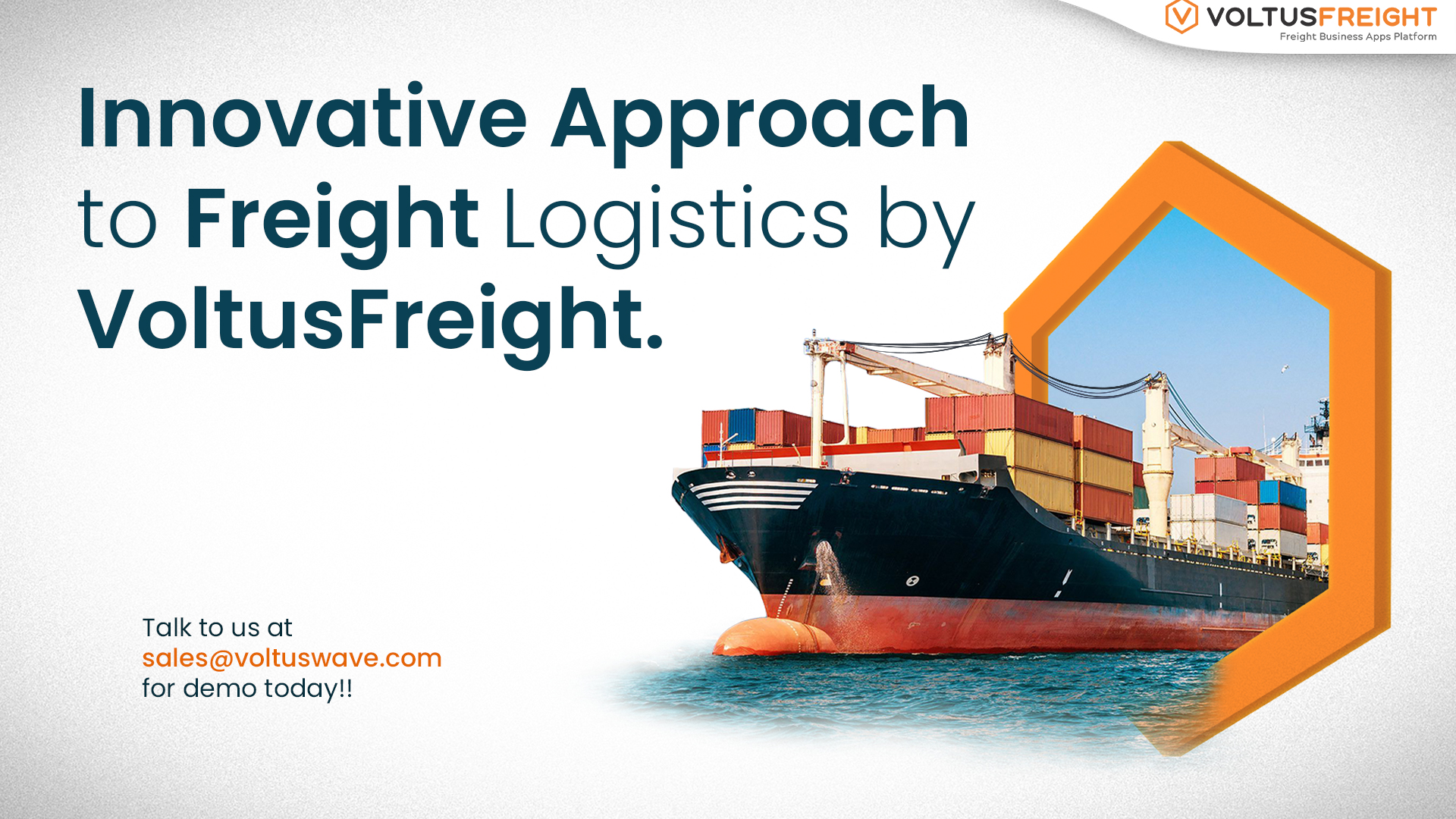Freight logistics and transportation are critical components of the global economy, enabling the efficient movement of goods across regions, countries, and continents. However, freight logistics also face a variety of challenges that can disrupt supply chains, increase costs, and harm the environment. In this blog post, we’ll explore some of the most common challenges in freight logistics and how VoltusFreight, a leading provider of transportation solutions
Transportation Costs
One of the primary challenges in freight logistics is managing transportation costs, which can be affected by fuel prices, labor costs, regulations, taxes, and other factors. VoltusFreight has developed a sophisticated data analytics platform that uses machine learning algorithms to optimize carrier selection, route planning, and load consolidation. By leveraging real-time data and historical performance metrics, VoltusFreight can identify the most cost-effective and reliable transportation options for its clients, while also reducing empty miles, carbon emissions, and other waste.
Carrier Management
Another challenge in freight logistics is managing carriers, which can vary in terms of capacity, quality, reliability, and cost. VoltusFreight has established a comprehensive carrier network that spans multiple modes of transportation, including truckload, less-than-truckload, intermodal, air, and ocean freight. By partnering with carriers that meet its stringent standards for safety, compliance, and service quality, VoltusFreight can ensure that its clients’ shipments are handled by competent and trustworthy providers.
Freight Optimization
Freight optimization is the process of maximizing the value of freight transportation by balancing competing objectives, such as speed, cost, capacity, and environmental impact. VoltusFreight’s approach to freight optimization is based on a combination of human expertise, and cutting-edge technology. By leveraging its data analytics platform and logistics expertise, VoltusFreight can identify the most efficient and sustainable freight transportation options for its clients, while also considering their unique requirements and constraints.
Environmental Impact
Freight transportation can have a significant environmental impact, contributing to air pollution, greenhouse gas emissions, and other negative externalities. VoltusFreight is committed to reducing its environmental footprint by promoting sustainable transportation practices, such as modal shift, route optimization, fuel efficiency, and emissions reduction. By working closely with its carrier partners and clients, VoltusFreight can help to mitigate the environmental impact of freight transportation while also delivering cost savings and value.
Last-Mile Delivery
Last-mile delivery is the final leg of the freight transportation journey, typically involving the delivery of goods from a warehouse or distribution centre to a destination, such as a retail store or a residential address. The delivery can be challenging due to congestion, parking restrictions, security concerns, and other factors. VoltusFreight has developed innovative solutions for last-mile delivery, such as crowd shipping, shared warehouses, and autonomous vehicles. By leveraging its technology and expertise, VoltusFreight can help its clients to overcome the last-mile delivery challenge and improve customer satisfaction.
Conclusion
Freight logistics and transportation face numerous challenges that require innovative solutions and collaborative approaches. VoltusFreight has demonstrated its leadership in the industry by developing a comprehensive and data-driven approach to transportation solutions, which can help its clients to overcome transportation costs, carrier management, freight optimization, environmental impact, and last-mile delivery. By partnering with VoltusFreight, businesses can benefit from a more efficient, sustainable, and resilient freight transportation system.



No responses yet